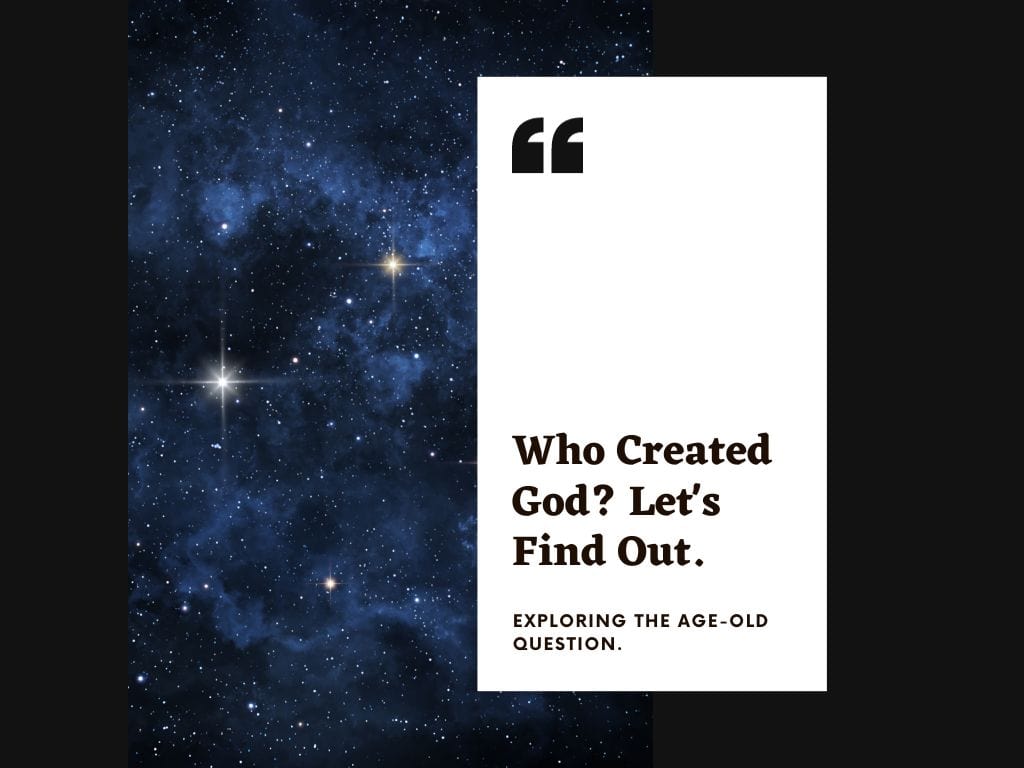We hear the term “spirituality” a lot these days. The graph below depicts how popular this word has been over the previous two decades.Though it makes me glad to learn that people are apparently becoming more spiritual, it is also true that the definition of this word has changed with time. For example, the Merriam-Webster dictionary defines ‘spirituality’ as “something that in ecclesiastical law belongs to the church or to a cleric as such.” That, to me, is a terrible definition of spirituality.And it’s not just the definition that has suffered. It is the way this term is used nowadays that bothers me even more. Today, spirituality has almost lost its essential meaning, and religious and self-help gurus are exploiting it in a highly twisted manner to attract followers. They are grossly misusing a key term, which is something that worries me greatly.
Contents of the Article




